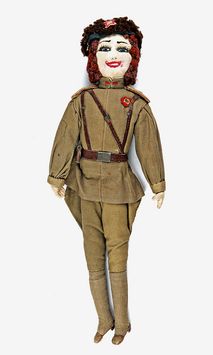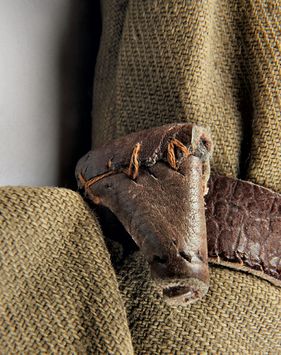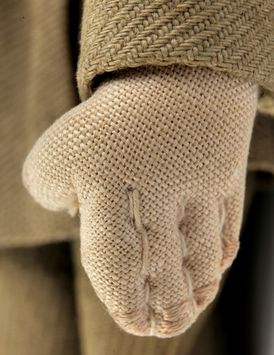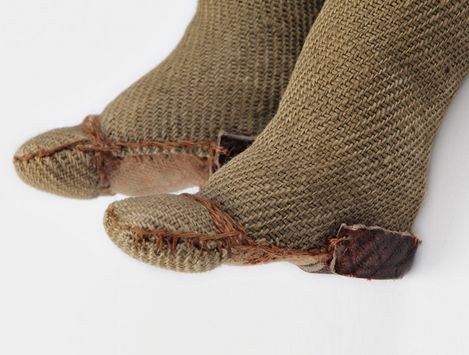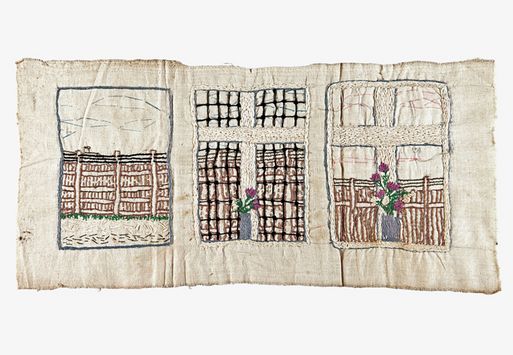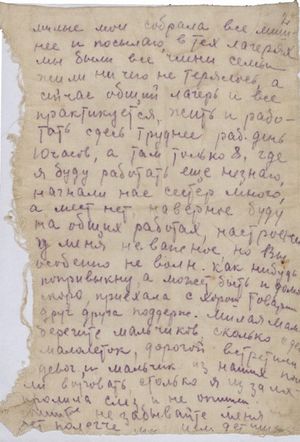Report by Johanna Harms, 1982 (1:30 min.) in German
J. Harms (1908–1979), went to work for the Christoffel Mission for the Blind in Tabriz (Iran) in 1937, Soviet occupation of Tabriz in 1941; sentence to ten years of forced labour, imprisonment from 1942 to 1952 in Temnikovsk “corrective labour camp” (Mordovian ASSR), released in 1952, banished to Aralsk (Kazakhstan), departure for the Federal Republic of Germany in 1955
Source: Johanna Harms, Im finstern Tal. Erinnerungen aus dem Lagerleben in Russland, Hermannsburg, 1982

